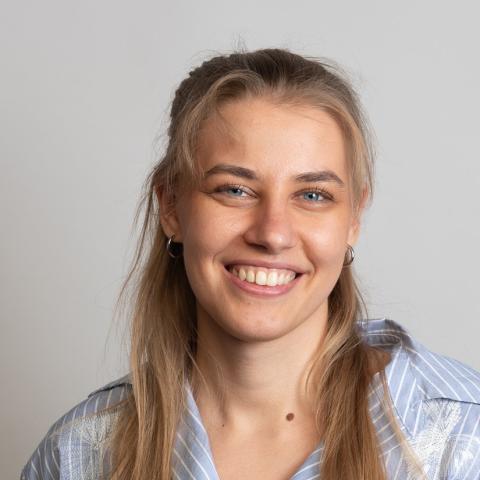In July 2025, the KB hosted the Summerschool Digital Collections. From digitized medieval manuscripts, OCR of newspapers, to born-digital content like websites, the size and diversity of the KB’s digital collections can be intimidating, especially for those used to traditional archives. This five-day program aimed to introduce PhD and Master’s students to the digital collections of the KB and what goes into creating, managing, enhancing and working with them. We reflect on the week that, despite the record-breaking temperatures, proved inspirational and educational for both the participants and teachers.

This second edition of the Summerschool built on the experience of the 2024 pilot. We aimed to smoothline and improve on the past year. We opted for a five-day week, rather than 4-days, to both include more content and allow for more rest time throughout the week. We also switched around parts of the program, along with some other changes. Steven Claeyssens goes into these revisions and our experience with them in his blogpost.
The program
After introductions and ice-breakers, we started the week with a broad introduction on the KB and its digital collections. The participants were given a tour through the KB building, including a talk on the web collections in the KB DataLab and a talk on digitization of medieval manuscripts in the Special Collections room. They also received an introduction to the weekly assignment and formed groups for this

A well-packed Tuesday delved into the digitized collections. What constructs a ‘digital object’, how are these offered in Delpher and DBNL and how can you analyze them with Jupyter Notebooks? We ended the day with a group dinner.
On Wednesday we focused on born-digital content, starting with talks on different file types like (W)ARC, PDF and EPUB. In the afternoon, the participants took part in an expert meeting on the creation of a national media corpus. Alongside researchers and experts, they discussed what such a dataset should and should not include. This spirited conversation on the responsibilities and limitations of archives and cultural heritage institutions was one of the highlights of the week. The Summerschool participants brought in new perspectives and had the opportunity to connect with established researchers in the field. Both sides appreciated the other’s input and enthusiasm.




Thursday’s theme was data criticism. We had talks on legal aspects such as privacy and copyright, and discussed the bias involved in creating collections and datasets. We also played around with SPARQL, a query language that can be used to discover the STCN linked dataset.
Throughout the week, the participants worked in groups on a research proposal using the KB’s digital collections. These proposals were presented at the end of the week, on the Friday symposium. We invited the guest lecturers and other KB colleagues to the audience to see the results of the participants’ hard work. After some final preparation time in the morning, the symposium included the participant presentations, a few guest talks, and a final guest panel.

Overall, we had a wonderful and fruitful week, and were happy to receive positive reactions and feedback from the participants. Of course there are always pros and cons, but this second edition has given us more insight into what works and what doesn’t. We hope to only improve on the process and content of the Summerschool moving forward.
Final thanks
Many people were involved in the Summerschool, from preparatory organization to giving talks throughout the week, preparing lunch and catering, giving tours, and taking pictures. A massive thank you to all these colleagues from the KB Summerschool team. This week would not have been possible without your help! We would especially like to thank our guest lecturers and panelists for coming in to share their knowledge and insights: Thank you to Marian Hellema, Kaspar Beelen, Jesper Verhoef, Thomas Smits, Erika Kuijpers, and Miles Niemeijer.
Finally, thank you to all our participants! We thoroughly enjoyed your enthusiasm, effort and insights. We hope that, despite the weather, this week has left you inspired and energized, and that you will be able to use the knowledge, skills and connections of this week in your future endeavors.

